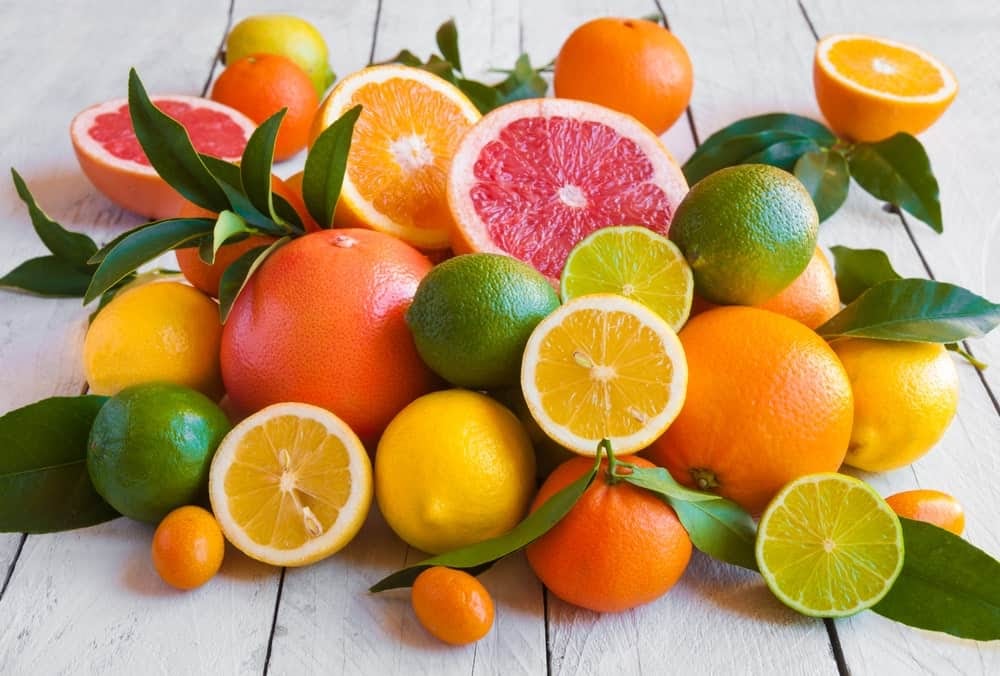It is rightly said you are what you eat. According to the best dentists in Mumbai, what you eat certainly reflects on your teeth. This is because many foods and beverages can cause plaque, which in turn seriously damages your teeth. Plaque is a bacteria-filled sticky film that covers all the tooth surfaces and contributes to gum disease and tooth decay.
What makes a particular food be termed “bad” for teeth is the fact that bacteria living in the mouth burn sugars to thrive. The byproduct of this burning is acid, which dissolves tooth enamel and invites tooth decay.
Here are some foods to stay away from for good dental care.

Next time, think twice before grabbing a can of soft drink, even the one which has ‘diet’ or ‘zero calories’ written on it. Apart from their high sugar content, (Yes, even those with zero calories) these carbonated drinks contain a great deal of acid. They help plaque to produce more acid to attack your tooth enamel. So if you sip soda
2. Candies and Toffees

Sticky foods are your mouth’s worst nightmare. Candies and toffee stick to your teeth for a longer time, so that the bacteria in the plaque can feast on it and keep producing acid. The best dentists in Mumbai report that this acid dissolves the enamel and causes cavities. Cavities along with poor dental hygiene call for immediate dental care.
3. Biscuits and Cookies

Think twice as you walk down the supermarket grabbing your favorite biscuits and cookies. When you chew biscuits, your saliva breaks down the starches into sugar. This transforms into a gummy paste-like substance that sticks to the crevices between teeth, increasing the risk of cavities.
4. Alcohol

Drinking too much alcohol can lead to an array of oral health problems including tooth decay, tooth erosion, and gum disease. Alcohol tends to dry out your mouth, so your mouth lacks saliva. As claimed by the best dentists in Mumbai, this ceases the protective actions of saliva like preventing food from sticking to your teeth and washing away food particles. Alcoholic beverages have high sugar content, breaking down the enamel that protects your teeth, escalating the risk of tooth decay and gum disease.
5. Citrus fruits

Oranges, sweet limes, and lemons are tasty and refreshing as both fruits and juices, and are packed with vitamin C. They are an excellent choice for boosting your immunity, however, it’s not always the best choice for your dental care as their acid content can erode enamel, making teeth more vulnerable to decay and can also irritate mouth sores. The best way to enjoy them and get a dose of their antioxidants and vitamins is to eat or drink them in moderation at mealtime and rinse thoroughly with water afterward.
6. Potato Chips

Who doesn’t love munching on a pack of potato chips while binge-watching your favorite shows or marches? Unfortunately, potato chips are crammed with starch, which tends to get trapped in your teeth leading to cavities and poor oral hygiene. Therefore, the best dentists in Mumbai suggest that you beware of things that go crunch!
7. Dried Fruits

Dried fruits are considered a healthy snack. However, many dried fruits — apricots, prunes, figs, and raisins, to name a few — are sticky and tend to stick and cling in the teeth and their crevices, leaving behind lots of sugar leading to poor oral hygiene. If you want to relish dried fruits, make sure you rinse your mouth with water, and then brush and floss religiously. Fresh fruits will always be a better choice!
8 . Tea and coffee


Tea and coffee are rather innocent but the main culprit is the addition of sugar in these beverages. Try substituting sugar with sugar substitutes like sucralose, stevia, etc. Tea and coffee also contain tannins which can stain teeth. These stains can be taken care of by your dentist at your regular bi-annual cleaning sessions and teeth whitening.